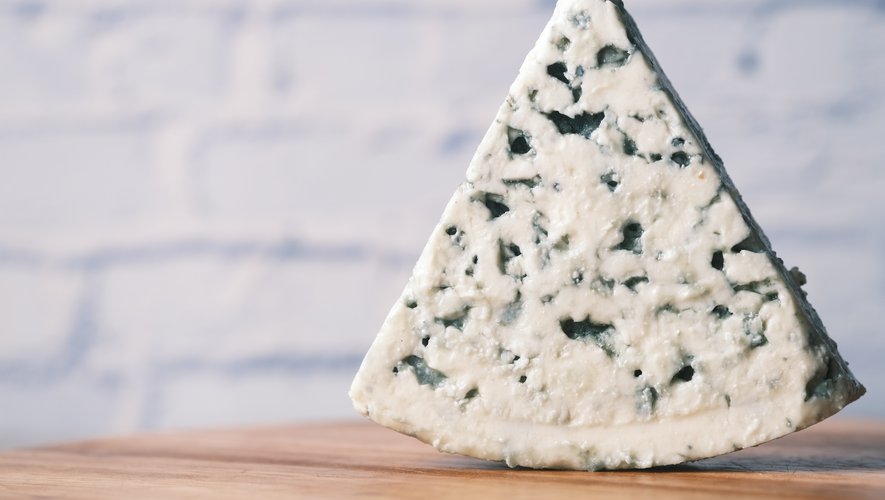Since its creation, the Roquefort sector has stood against the Nutri-Score. With a score of E, the producers believe that the system jeopardizes the sustainability of AOP cheeses.
The general confederation of Roquefort (CGR) continues its fight against the Nutri-Score. Indeed, for several years now, the Aveyronnaise sector has denounced the system which it considers unfair and unsuitable, in particular for cheeses with a protected designation of origin (PDO).
According to Sébastien Vignette, secretary general of the CGR, Santé Publique France, at the origin of the establishment of the notation, “is wrong of target” by attributing to Roquefort, considered too fatty and too salty, the note of E.
“We apply an ancestral recipe”
“We always ask for the Nutri-Score exemption for PDO cheeses, such as Roquefort, which allows local and good consumption, to preserve the diversity of tastes and to transmit an agricultural, gastronomic and cultural heritage”, explains Sébastien Vignette.
According to him, the problem lies in the inability of producers to modify their recipes, like large manufacturers who, badly rated, have been able to review the composition of their food products.
“As Roquefort AOP, we apply an ancestral recipe that cannot be modified. We have strict specifications. I cannot use skimmed and pasteurized milk, texturizers to replace fat and chemical preservatives to replacing salt If it is a question of forcing manufacturers to modify their recipes, assuming that they do so in the right direction – without resorting to ultra-processing and additives and complex processing processes – it is for them that the Nutri-Score should be reserved” he laments.
The fear of an economic loss of momentum
Another downside for Sébastien Vignette: the logo’s lack of precision. “It does not take into account the micronutrients of interest – vitamins, phosphorus, trace elements – and proteins and calcium are poorly considered. In addition, the Nutri-Score does not provide information on additives or the transformation process”, says the Secretary General. The CGR is particularly surprised that its sheep’s cheese is compared to ultra-processed products “especially when the algorithm says nothing to the consumer about the processes when we know its harmful effects on health!”.
At the same time, the Roquefort sector also fears for its economy which, according to it, could tip over because of its poor rating which would lead to a significant drop in sales. “We support nearly 2,800 breeders and 2,000 direct employees on products that cannot be relocated and which are part of a territory where sometimes no other type of agriculture is possible, especially in mountain areas”, explains Sébastien Vignette.
“There are still a lot of things to change”
“The promoters of Nutri-Score call for decreasing the consumption of the lowest rated products and increasing the consumption of the highest rated products. This is annoying because the ratings suggest that the highest rated foods are good for health and that the others are bad when it is more complex than that”, he laments.
In concrete terms, the general confederation of Roquefort is now calling for “a system that gives cheese its rightful place in a balanced diet. Cheeses have recognized health benefits. Of course, it all depends on the quantity, but there are still many things to change in the rating”, recommends the CGR.
Regarding the latest modifications to the calculation algorithm, this is not enough for the Roquefort sector. “We are not tackling all the faults of the logo. For AOP cheeses, the Nutri-Score remains just as unfair”, considers Sébastien Vignette.

